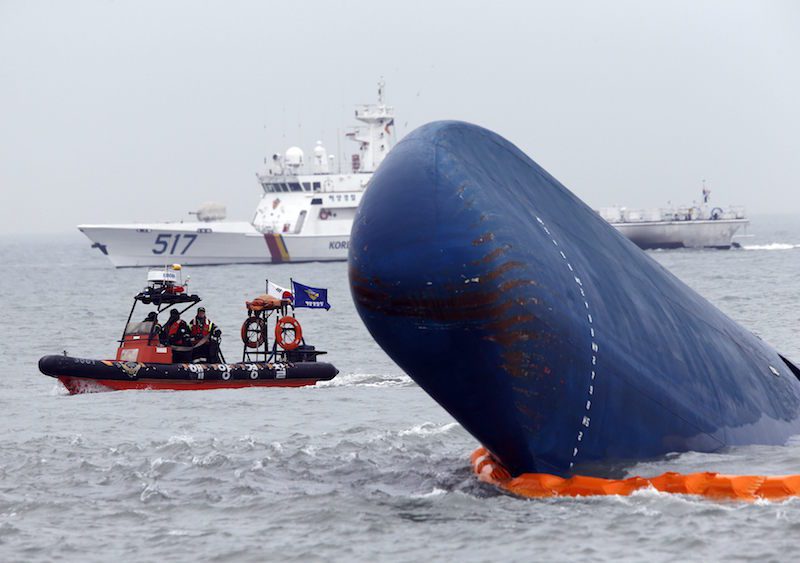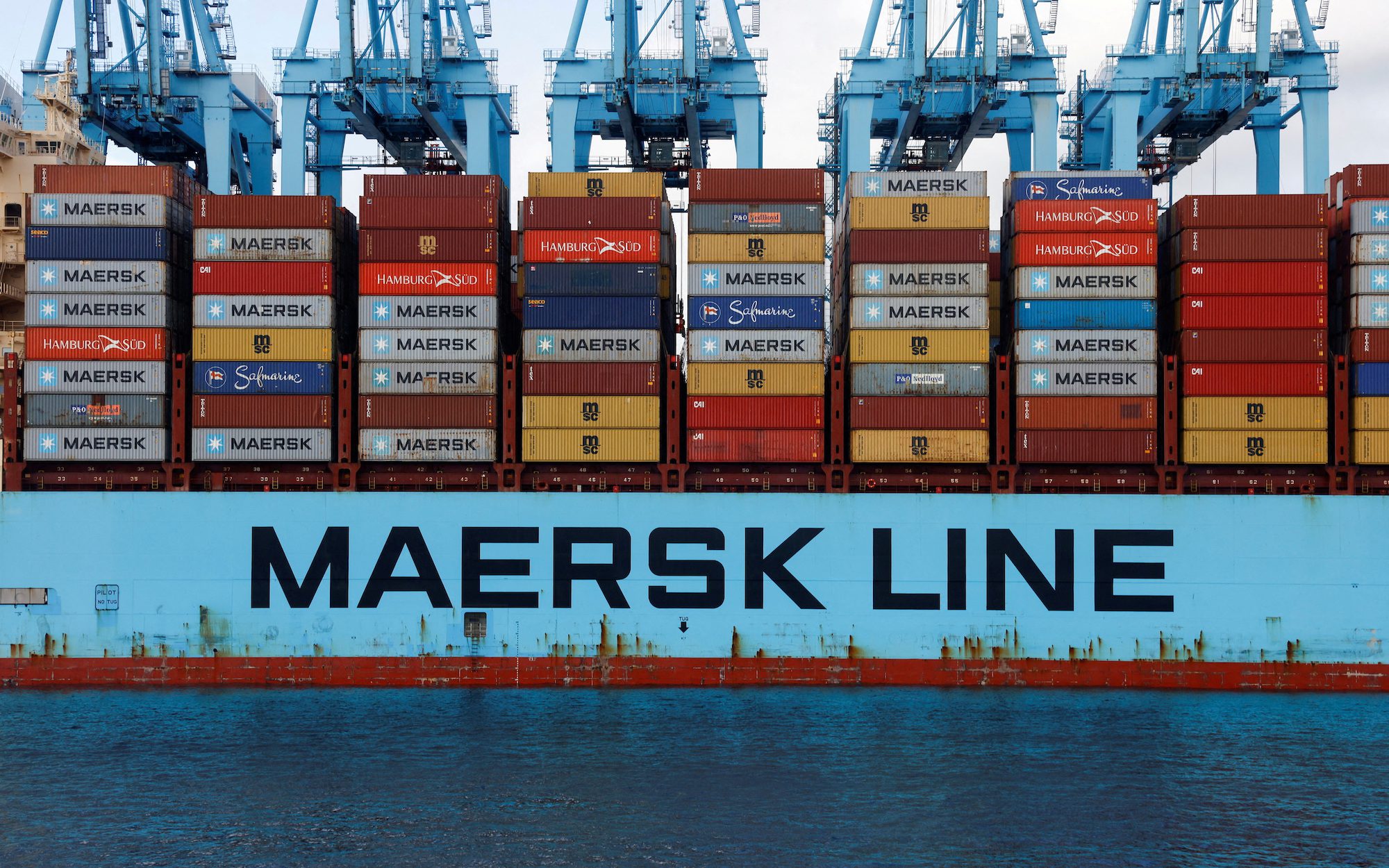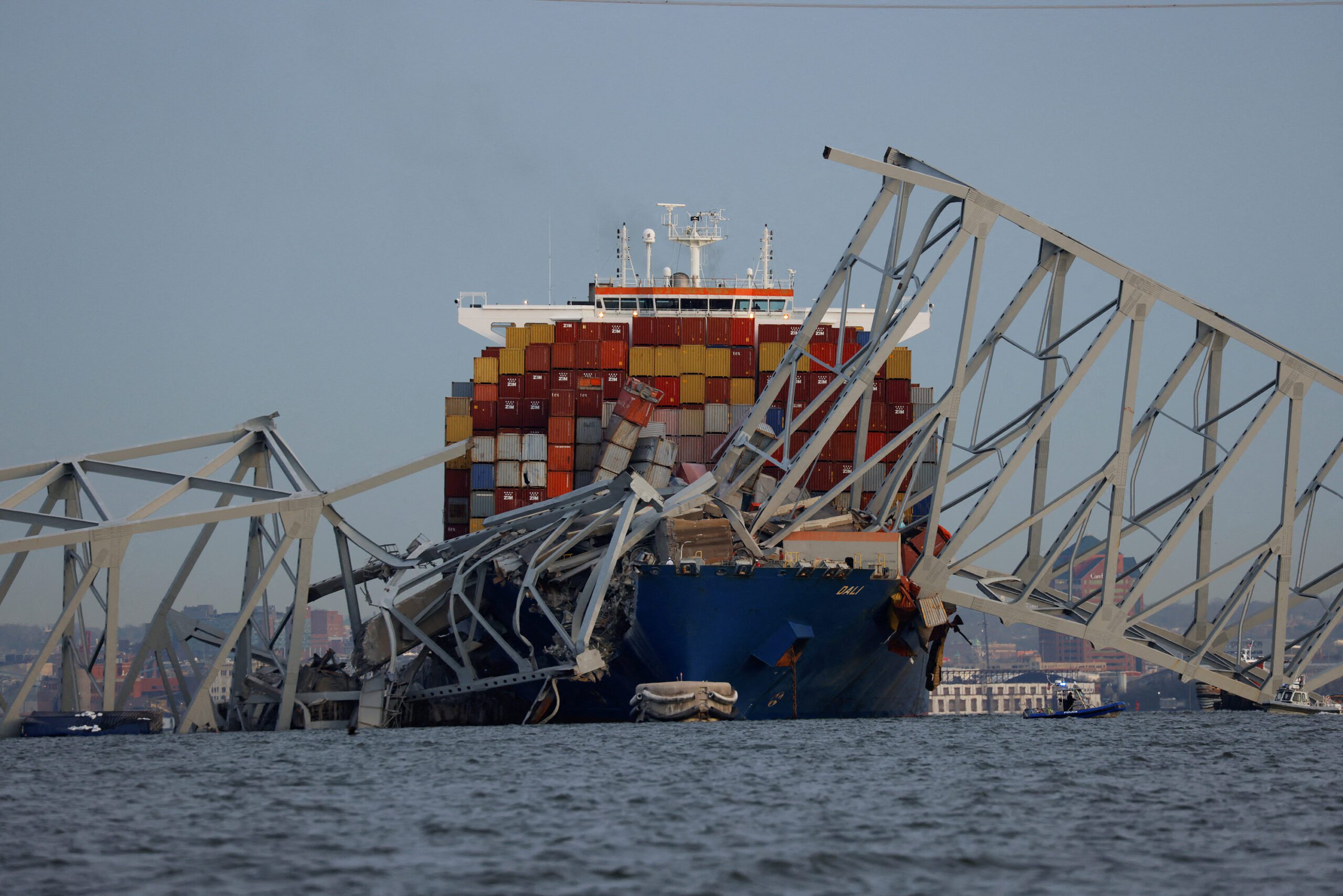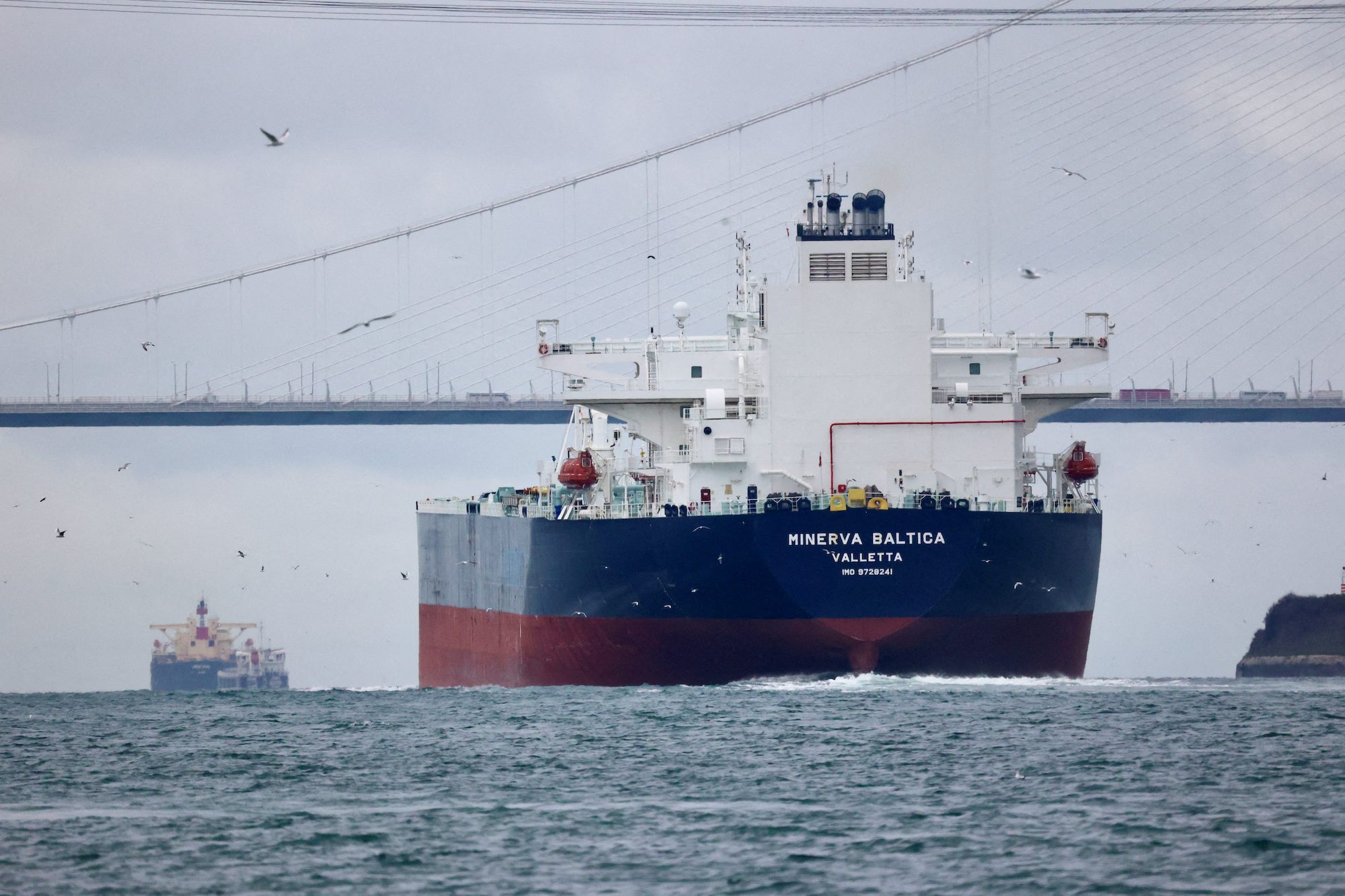Rescue boats sail around the South Korean passenger ship “Sewol” which sank, during their rescue operation in the sea off Jindo, in this April 17, 2014. REUTERS/Kim Kyung-Hoon
(Bloomberg View) — On April 16, 2014, more than 300 people died when a passenger ferry carrying mostly high-school students sank off the coast of South Korea. Sadly, inexcusably, the country has done too little in the year since to prevent another such tragedy.
That’s not to say President Park Geun Hye’s government hasn’t tried to improve the nation’s safety culture. While charges of political interference have undermined the credibility of the investigation into the disaster, tougher regulations have been instituted in shipping and other industries. The coast guard, which proved ineffective during the rescue effort, has been scrapped wholesale. The sprawling new 10,000-person Ministry for Public Safety and Security will be responsible for everything from disaster response to elevator inspections.
Bureaucrats must now wait three years instead of two in between leaving their government jobs and going to work for industries they once regulated. Anti-bribery regulations have been expanded. The government has earmarked $27 billion for a “safety innovation fund” to develop new safety technologies.
These changes are necessary but insufficient. Last year, 16 people died at a pop concert after the ventilation grate they were standing on gave way. Ship accidents actually rose in 2014 from the year before. The country’s audit agency says that ferry inspections remain lax and crew safety training neglected.
Korean media reports are filled with high-profile accounts of construction failures: a leaking aquarium and sinkholes in Seoul, malfunctions on a new train line that serves the southwestern part of the country. Even the head of the new safety ministry admits that his organization can’t yet handle all the tasks assigned to it. According to opposition politician Park Young Sun, more political figures are being assigned to head regulatory agencies. Seniority and loyalty often still matter more than expertise.
Most of the proposed reforms rely on outside regulators to identify violations. Less emphasis has been placed on changing mind-sets and creating a strong risk-management culture in the public and private sectors. Most important, there’s little evidence of grassroots change. Local government agencies and small businesses still don’t share safety knowledge and preparedness plans.
Even Park herself has admitted that top-level changes will have little impact unless Koreans themselves develop a better safety culture. It was never realistic to expect the president simply to impose wholesale reform as her father, former dictator Park Chung Hee, might have done; understandably, too, a weakening economy has drawn most of her attention. But what Park can still do — even a year after the tragedy — is use her bully pulpit to press Koreans to focus more on safety at every level of society. However difficult the task, it won’t be any easier a year from now.
©2015 Bloomberg View
Unlock Exclusive Insights Today!
Join the gCaptain Club for curated content, insider opinions, and vibrant community discussions.

 Join The Club
Join The Club













